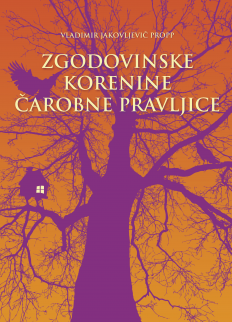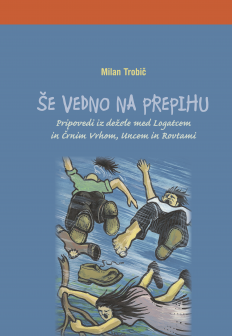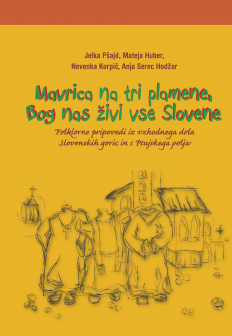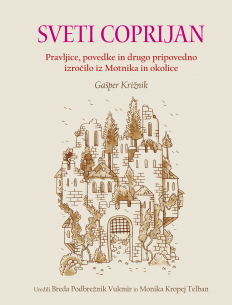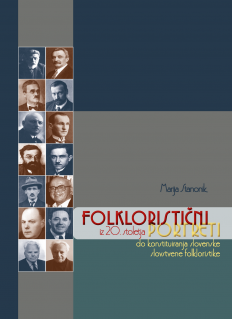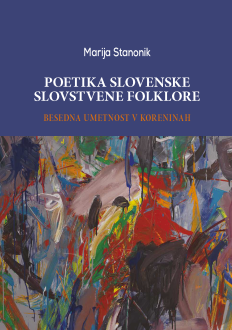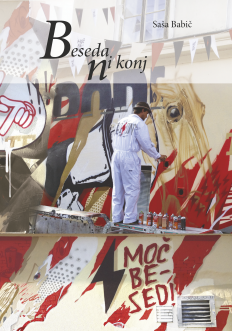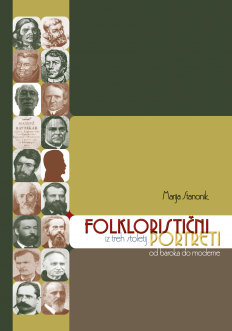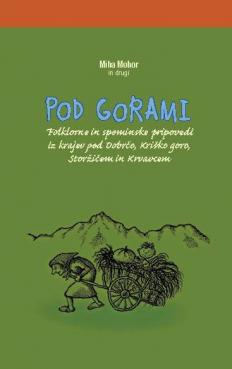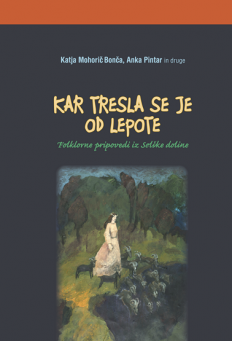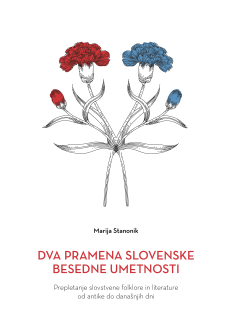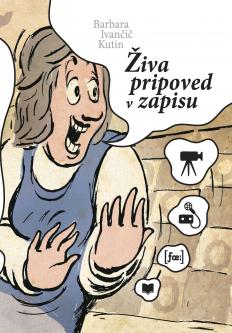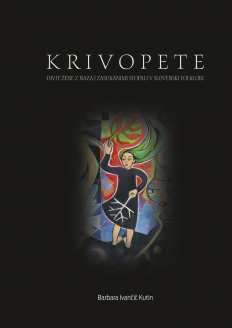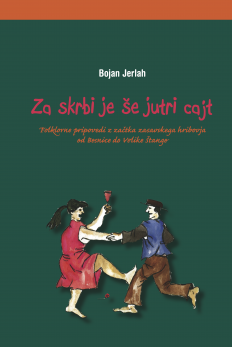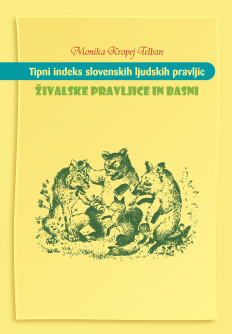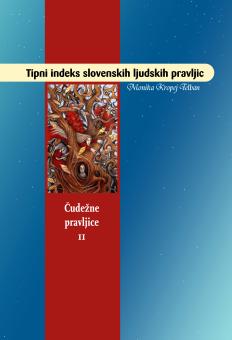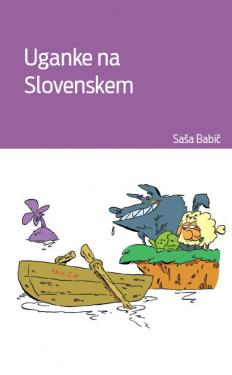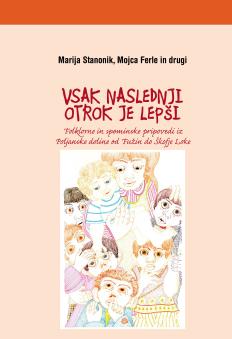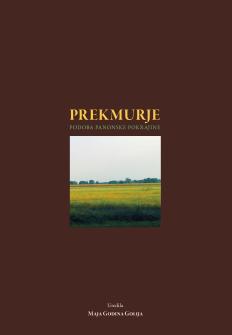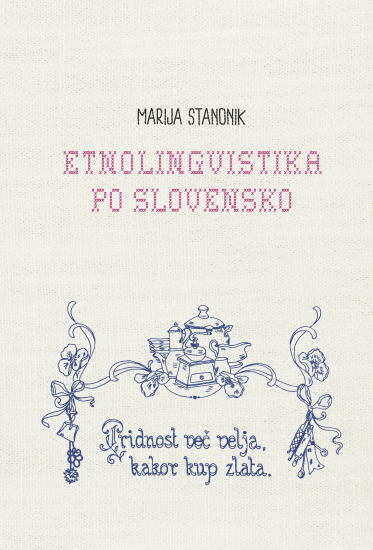
Divided as it is, philology is constantly improving through the emergence of new interdisciplinary sciences. One among them is ethnolinguistics. It has taken particularly firm roots in Slavic studies, especially with the Russian and Polish schools. While the diachronous researches of Nikita I. Tolstoy in Svetlana Tolstaya reach as far back as Slavic mythology, the Polish school, headed by Jerzy Bartmińsky, flirts with cognitive linguistics and is more interested, through its synchronous approach, in contemporary themes. The present monograph aims to evaluate the work carried out in this field to date and to raise awareness of the new interdisciplinary direction, which may link up the ethnologies and linguistics of different directions.
Ethnolinguistics the Slovene way tries to follow the two methodologies and in particular to raise awareness of its prehistory (19-20th centuries) in the Slovene territory. The most audacious figure was the today forgotten Davorin Trstenjak, and the most reliable one in the field was Fran Erjavec, while Matija Murko was such a perceptive scientist that German philology invited him to join the editing board of Wörter und Sachen, the journal that through the participation of numerous national philologies paved the way for present-day ethnolinguistics.
Furthermore, the monograph certainly does not ignore the circumstances in which the Slovene language has to fight for its survival on all sides.
In the second half of the 20th century, the most meritorious figures for Slovene ethnolinguistics were the academicians Milko Matičetov and PavleMerku, although they did not take sides for it theoretically. Their inclination to the issues included in ethnolinguistics was probably influenced by their personal experiences with the contacts between two nations and two languages.
The book above all seeks to systematize the matter and address the issues, leaving their solution to the younger generations. I consider it a first step towards constituting a new interdisciplinary science.
hardback 16,5 × 23,4 cm 328 pages
Keywords
cultural heritage | dialectical dictionaries | ethnolingistics | ethnology | folk literature | folklore research | literary folklore | names | Slovene language | Slovenia | Slovenian folk literature | sociolinguistics